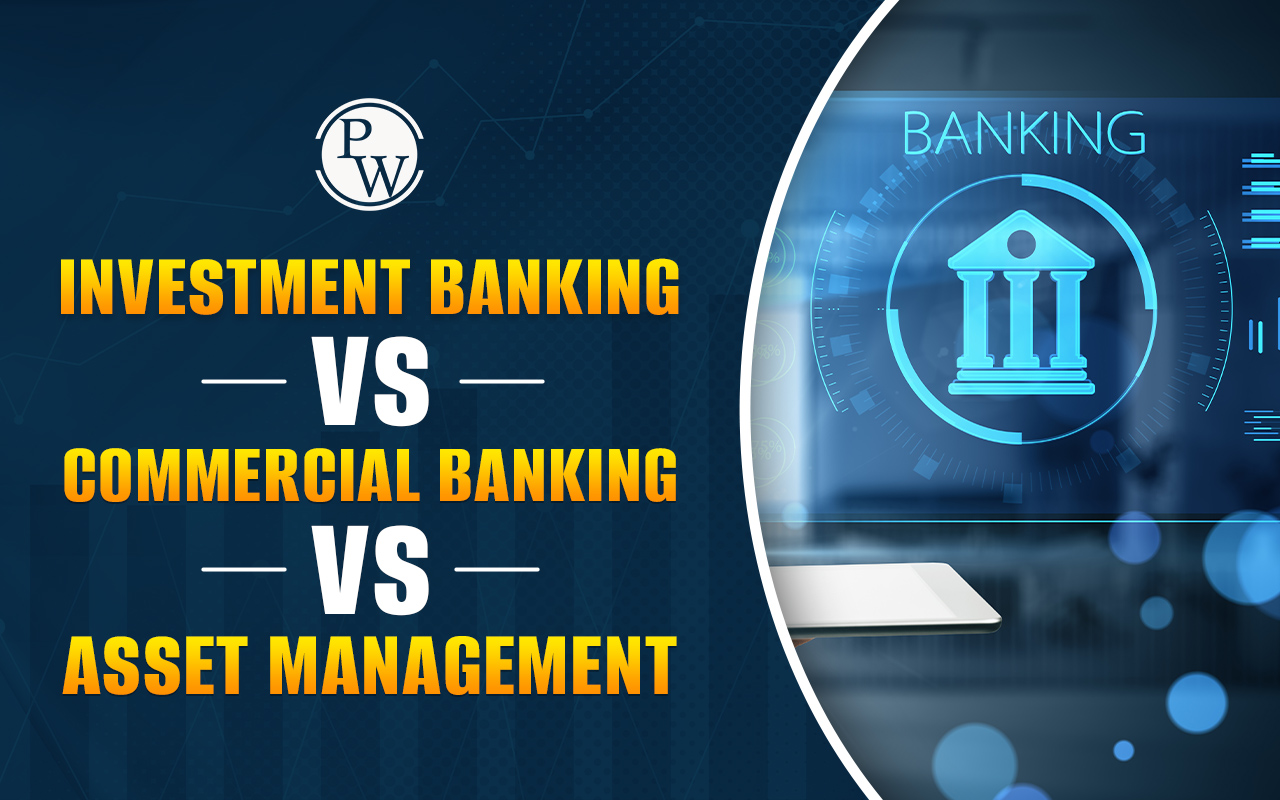

Investment Banking Fees continue to shape the financial market. Companies pay these investment banking fees depending on their size of the deal, complexity, and the kind of services offered. Therefore, unlike the retail banking investment banks charge for high-value services such as mergers and acquisitions (M&A), underwriting for IPOs, or trading support.
Here, we have covered what Investment Banking Fees are, the types of fees charged, how they apply in mergers and IPOs, and what businesses and investors should know before entering a deal.
Investment Banking Fees
Investment Banking Fees are payments made to banks or financial institutions for providing advisory, fundraising, trading, and capital market services. These fees are often calculated as a percentage of the deal value or as a fixed retainer.
| Investment Banking Fees Overview | ||
| Service Type | How Fees Are Charged | Typical Range (2025) |
| M&A Advisory | Success fee + retainer | 1% – 5% of deal value |
| IPO Underwriting | Percentage of funds raised | 3% – 7% |
| Restructuring Advisory | Hourly or fixed fee + success fee | Case-specific |
| Trading and Brokerage | Commission per transaction | 0.1% – 0.5% |
| Valuation & Fairness Opinions | Fixed or time-based | Negotiated |
Types of Fees Charged by Investment Banks
There are five types of fees charged by investment banks, each of which serves its functions separately. Here we have explored all five types in complete detail.
-
Retainer Fee: This is a fixed payment made at the start of a deal. It secures the advisory service of the bank. Clients pay it regardless of whether the transaction succeeds.
-
Success Fee: This fee is only charged when a deal is completed successfully. It motivates banks to close transactions. The fee is usually a percentage of the final deal value.
-
Flat Fee: A flat fee is a pre-agreed amount for specific tasks. It is common for fairness opinions or valuations. Clients prefer it for cost certainty and budgeting.
-
Hourly Fee: Some services are billed based on hours worked. This is common in restructuring deals. Clients pay for the time and expertise provided, making costs linked to effort spent.
-
Commission Fee: Commission fees are charged in trading and brokerage. The bank earns a percentage of the trade’s value. It applies to both small retail investors and large institutional trades.
Advisory Fees for Mergers and Acquisitions
Advisory Fees for Mergers & Acquisitions, also referred to as M&A. The deals made by them are one of the main sources of Investment Banking Fees. Banks help companies find buyers, negotiate terms, and close deals.
-
Retainer Fee: Paid at the start of the engagement.
-
Success Fee: Calculated as a percentage of the transaction value.
-
Break-up Fee Advisory: Sometimes charged if a deal is terminated.
| Advisory Fees for Mergers and Acquisitions | ||
| Deal Size (USD) | Fee % (Average) | Notes |
| Below $100 million | 3% – 5% | Higher % due to smaller base value |
| $100m – $500m | 1.5% – 3% | Mid-market transactions |
| Above $500m | 1% – 1.5% | Lower % due to high transaction volume |
Underwriting and IPO Fees
Investment banks also earn through IPO underwriting. They manage share sales, price offerings, and distribute stock to investors.
| Underwriting and IPO Fees | ||
| Fee Type | Description | Typical Range (2025) |
| Gross Spread | The difference between the price underwriters pay for shares and the price offered to the public. | 3% – 7% of funds raised |
| Management Fee | Paid to investment banks for coordinating and managing the IPO process from start to finish. | Negotiated per deal |
| Selling Concession | Compensation given to underwriters for selling and distributing shares to investors. | Negotiated per deal |
Trading and Brokerage Fees
Trading services generate another stream of Investment Banking Fees. These charges apply when banks buy or sell securities on behalf of clients.
-
Brokerage Commission: Fixed percentage of trade value.
-
Spread Earnings: Profit made from buying and selling at different prices.
-
Prime Brokerage: Additional fees for services like short selling or leverage.
| Trading and Brokerage Fees | ||
| Service Type | Fee % Range | Client Base |
| Retail Brokerage | 0.1% – 0.3% | Small investors |
| Institutional Deals | 0.05% – 0.1% | Hedge funds, large firms |
| Prime Brokerage | Negotiated basis | High-value clients |
Learn the real-world structure of Investment Banking Fees and gain practical skills with the PwC India Investment Banking Program on PW.live. Start your journey today.
Investment Banking Fees FAQs
What are Investment Banking Fees in 2025?
How are advisory fees calculated for M&A deals?
What is the average IPO underwriting fee?
Do trading services also include Investment Banking Fees?













